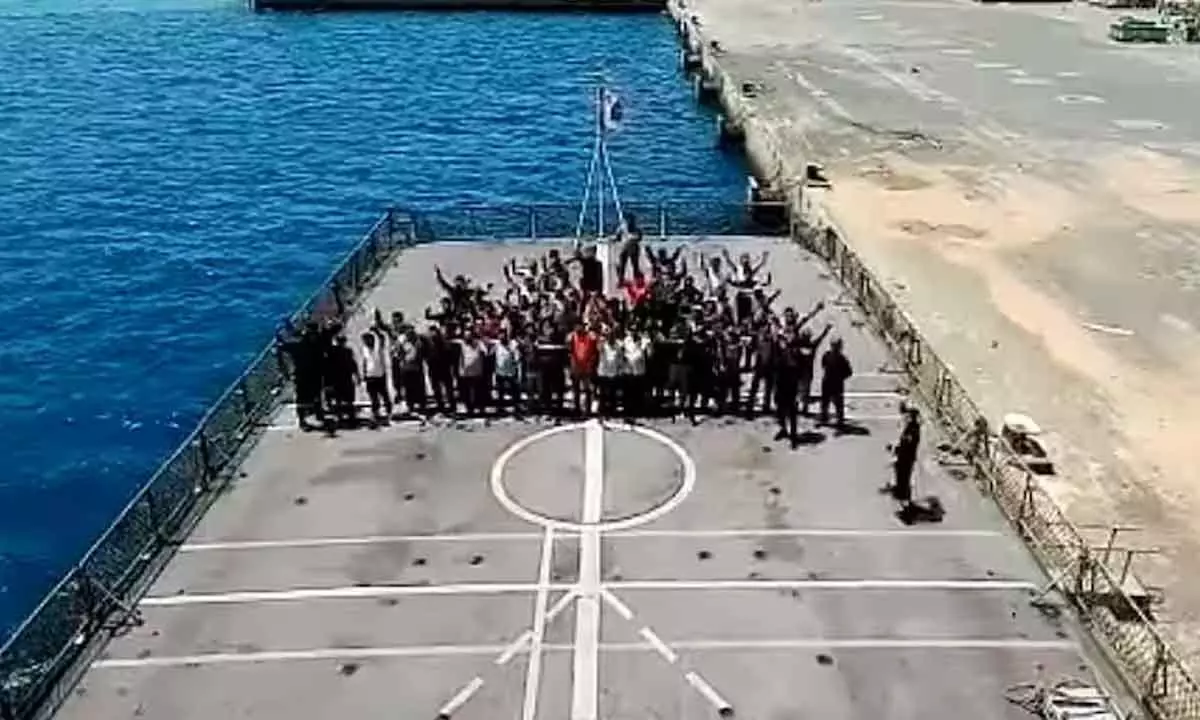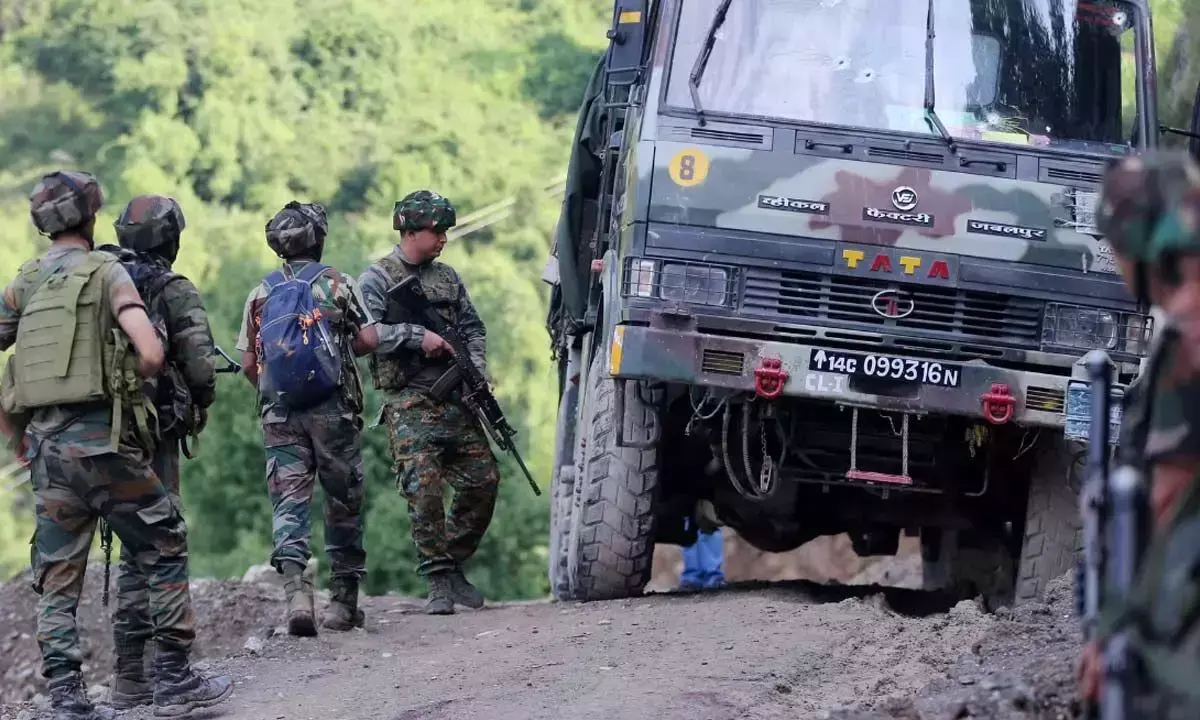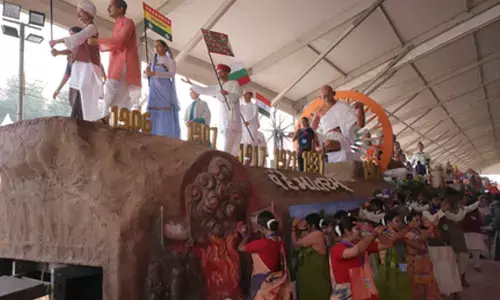Admirable rescue ops amidst fierce conflict

India has launched 'Operation Kaveri' to evacuate its nations owing to the current crisis in Sudan. An estimate says that at least 3,000 Indians are stuck in various parts of Sudan, including in capital Khartoum and in distant provinces such as Darfur. Indian Navy's INS Sumedha, a stealth offshore patrol vessel and two Indian Air Force C-130J special operations aircraft are on standby in Jeddah.
While 2,800 Indian nationals are in Sudan, at least 1,200 are settled in the country. Let us hope this rescue operation, too, would be successful as in the previous cases. Unfortunately, the Congress has tried to politicise the rescue operation, too, by slamming the Centre for doing nothing to save the 'Hakki Pakki' tribe people belonging to Karnataka who are now in Sudan. External Affairs Minister Jaishankar was right in slamming the Congress leaders over the issue as relocation of people caught in such conflict situations is never easy. Credit should go to India for judiciously using its contacts to oversee such rescue operations even earlier, too.
Sudan is today caught in the vortex of violence due to the differences between the army and the RSF (Rapid Support Forces) over the integration and control of the RSF into the army. These differences have been simmering since the overthrowing of long-serving President Omar al-Bashir by military generals in April 2019 following widespread protests. People of Sudan had been protesting seeking free elections and transition to a civilian government. However, like all coups, the one in Sudan, too, ended in the army consolidating its position once the President had been overthrown. The military and the protestors reached an agreement to create a Sovereignty Council, consisting of a mix of both civilian and military officials to oversee elections at the end of 2023.
Abdalla Hamdok had been appointed Prime Minister for the transitional period. But the military deposed the Prime Minister and Lt Gen Abdel Fattah al-Burhan took over as the de facto ruler. His partner in the military coup, Dagalo became the vice-president. Dagalo is the head of the RSF, the notorious 'butcher' force which fought in Yemen and is resented by the army. This 10,000-strong force follows Dagalo's diktats' and he seeks postponement of integration of RSF with the army for 10 years. He re-deployed the RSF across the nation leading to the internal fight between the two. The Human Rights Watch described the RSF as 'men with no mercy.' It is this battle between the two which has now made Sudan's transition to democracy more difficult. It is also now apprehended that peace may not be established in near future with the immediate fighting leading to a longer conflict over who should control the country. Sudan's economy is struggling, battered by hyper-inflation and crippled by massive foreign debt. Since Sudan shares borders with seven countries, it could as well share its unrest and conflict too with its neighbours, more so with Chad and South Sudan.
The situation could lead to major external intervention if the fighting continues. Refugees from Sudan's contested areas have already arrived in Chad and Saudi Arabia. Hence, it is not easy to airlift Indians in a hurried manner. We have deep aid and development projects going on in the country (49 bilateral projects with 612 million US dollars). The bilateral trade has grown from 327.27 million dollars in 2005-06 to 1,663.7 million dollars in 2018-19 with our overall investments mounting to 3 billion dollars. That is the reason the Prime Minister is personally monitoring Sudan evacuation operations.














